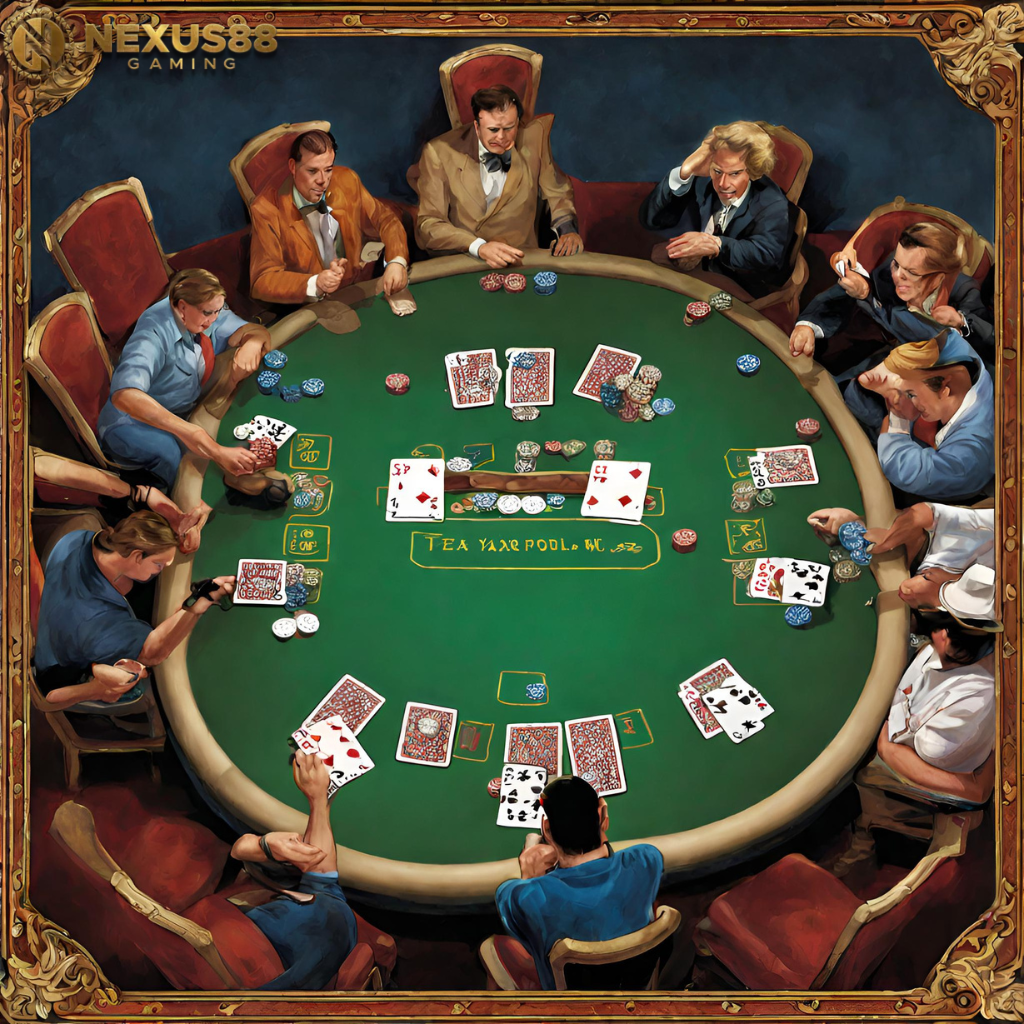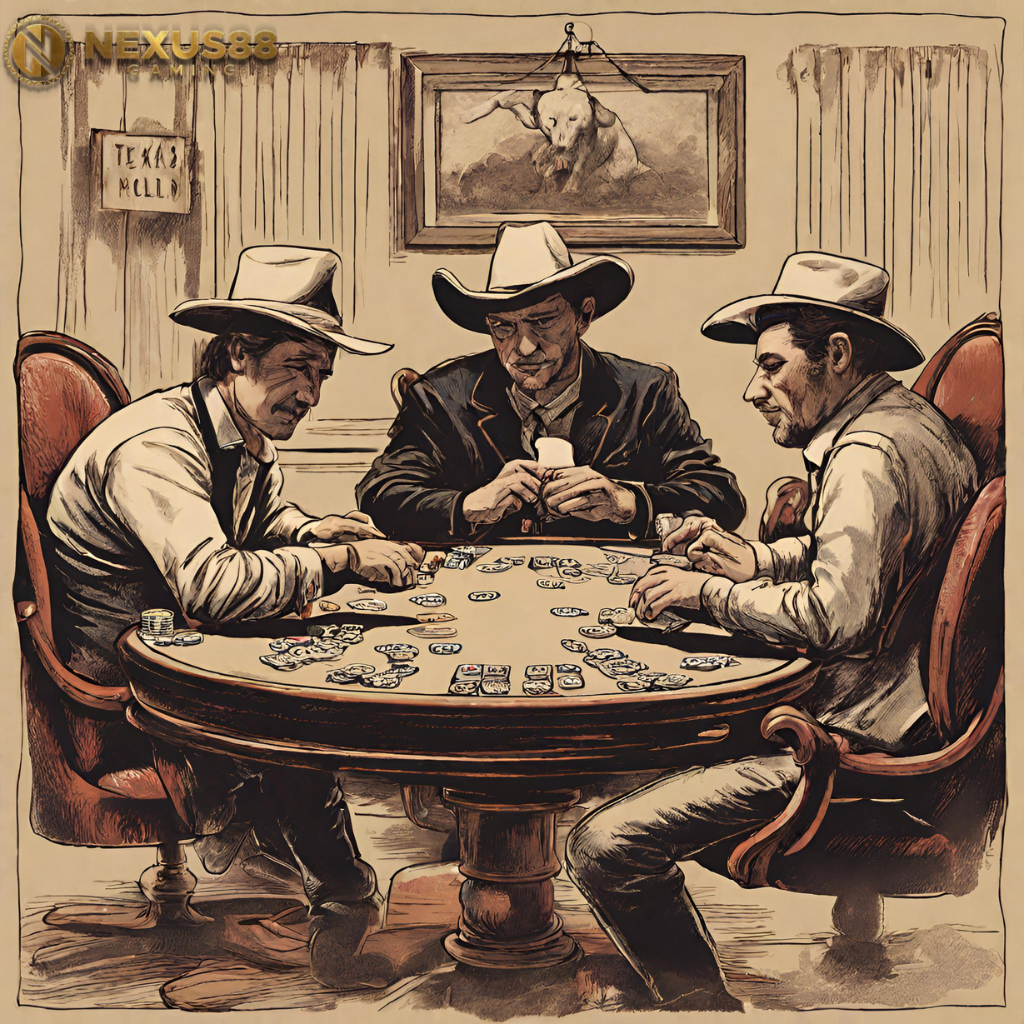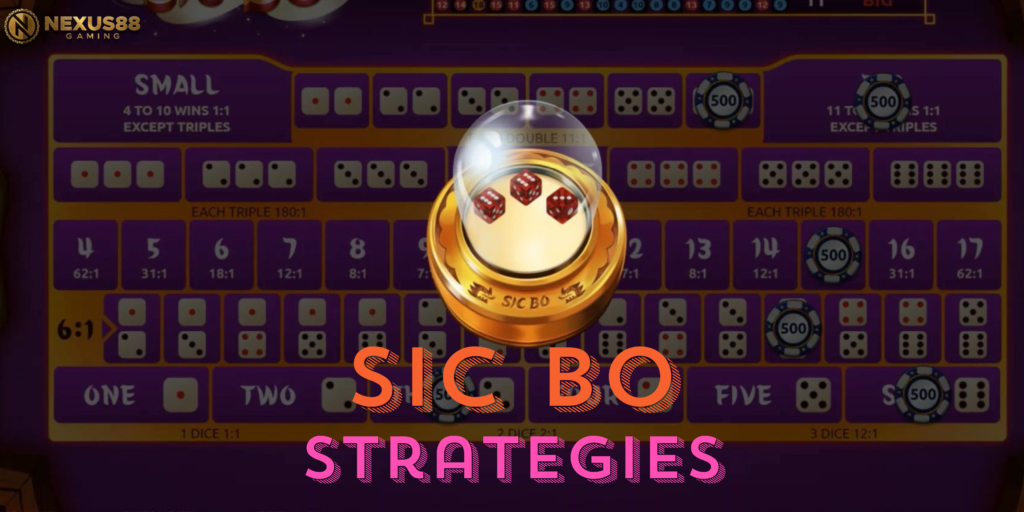Unlock the path to poker mastery with expert strategies, psychology insights, and more in this comprehensive guide. Elevate your Texas Hold’em game to a professional level today!
Texas Hold’em is more than just a card game; it’s a thrilling journey that beckons you to discover the intricate world of poker strategy, psychology, and skill.
If you’re ready to take your poker game to the next level, you’re in the right place. In this guide, we’ll uncover the secrets, strategies, and insights that will propel you from a beginner to a poker pro. Get ready to unleash your full potential at the poker table!
Table of Contents
The Poker Novice No More
Picture yourself as a newbie in the world of poker. You’ve got your two-hole cards, and you’re about to embark on a thrilling adventure. The game is fresh, and the thrill of the unknown is undeniable. But here’s the thing: to rise above the rest, you must go beyond the ordinary.
The ABCs of Texas Hold’em
Let’s start with the basics. In Texas Hold’em, we use a standard deck of 52 cards.
You’ll get two hole cards, and five community cards will be dealt face-up in the center. Your goal? Make the best five-card hand possible by combining your hole cards with the community ones. Simple enough? Here’s a quick rundown of what you need to know:
- Table Roles: In Texas Hold’em, you’ve got the dealer, the small blind, and the big blind. The dealer position moves clockwise, making it fair for everyone. The blinds are forced bets that kick off the action and build the pot.
- Order of Play: The game flows clockwise. You can check, bet, call, raise, or fold depending on your hand and the action. It’s all about making the right move at the right time.
- Hand Rankings: You’ve got to know your hand rankings, from the weakest (high card) to the strongest (royal flush). Mastering these ranks is key to making winning decisions.
- Betting Rounds: Texas Hold’em unfolds in several betting rounds: pre-flop, flop, turn, and river. Each round is a chance to build the pot and get the most out of your opponents.

Beyond the Basics
Now, let’s crank it up a notch by going beyond the basics.
Common Mistakes: First things first, let’s talk about common blunders. Many newbies play way too many hands or refuse to fold when they should. Being disciplined enough to fold weak hands is a vital skill.
Understanding Position: Your seat at the table matters—a lot. It determines when you get to act and helps you gather info about your opponents. Play tighter in early positions and loosen up in late positions to exploit your seat.
Hand Selection: Not all hands are golden in Texas Hold’em. You’ve got to be selective. Consider using starting hand charts to guide you, especially when starting. They’ll keep you out of sticky situations and focused on playing strong hands.
The Unconventional Approach
Now, let’s dig into the juicy stuff—unconventional poker wisdom.
Psychology of Poker: Poker isn’t just about cards; it’s about reading your opponents and keeping your cool. Observe their habits, betting patterns, and body language. And remember, don’t give away your tells.
Bankroll Management: Managing your poker money is crucial. Set limits, don’t chase losses, and never play with funds you can’t afford to lose.
Improve Your Skills: Poker is a skill game, and like any skill, it gets better with practice and learning. Dive into poker books, and articles, and watch the pros to absorb new strategies and tricks. Join online poker communities to discuss hands and learn from others.
Visual Step-by-Step Guide
Let’s make this hands-on. Imagine you’re at a poker table. Here’s a step-by-step example:
Preflop: You’ve got a Queen of Hearts and a Jack of Spades. The player on your left posts the small blind, and the next player posts the big blind. You’re in a late position. You decide to call the big blind.
Flop: The dealer reveals three community cards: Ace of Diamonds, King of Hearts, and Ten of Spades. You now have an open-ended straight draw. If a Nine or a King comes on the next two cards, you’ll have a straight.
Turn: The fourth community card, the turn, is the Nine of Diamonds! You’ve got a straight, strong hand.
River: The fifth and final community card, the river, is the Seven of Clubs. You still have that straight. Time to think about your bets.
Betting: You bet, and the player to your left raises. They’re showing strength. You decide to re-raise, and they call. It’s time to reveal your cards, and you win the pot with a straight! A victory worth celebrating!
This example shows you how a typical hand in Texas Hold’em unfolds, step by step.
Poker Resources for Further Learning
Ready to dive deeper into the world of poker? Check out these valuable resources:
Books: Grab poker books by legends like Doyle Brunson, David Sklansky, and Dan Harrington. They’re packed with insights into poker strategy and psychology.
Websites: Explore poker forums and websites with articles, guides, and hand analysis. Websites like TwoPlusTwo, PokerStrategy, and Upswing Poker are treasure troves of info.
Software: Get your hands on poker tracking software like PokerTracker or Hold’em Manager. They’ll help you analyze your play, track progress, and spot areas for improvement.
Online Communities: Join poker communities on platforms like Reddit. Engage in discussions, share experiences, and learn from fellow poker enthusiasts.
Conclusion
You’ve embarked on a journey beyond the ordinary beginner’s guide to Texas Hold’em. You’ve got the ABCs down, explored critical concepts like position and hand selection, and dived into the psychology and strategy that set you apart.
Remember, poker isn’t just about cards; it’s a blend of skill, psychology, and Texas Hold’em strategy that offers endless room for growth. Embrace the unconventional aspects of the game, keep honing your skills, and enjoy the thrilling world of Texas Hold’em.
Want to step up your Casino Gaming? you can learn new games, like Dragon Tiger. You can then read our blog about Dragon Tiger Game Tips For Beginners
FAQ
- Can I go from a beginner to a poker pro by following this guide?
While becoming a poker pro takes time and practice, this guide is designed to help you lay a strong foundation and provide you with valuable insights and strategies. With dedication and continuous learning, you can progress from a beginner to a highly skilled poker player.
- Are there any recommended resources for further learning?
In addition to the content in this Texas Hold’em guide, consider exploring poker books, websites, forums, and poker training software. Books by renowned authors and online communities are great places to deepen your knowledge and engage with fellow poker enthusiasts.
- What’s the best way to practice and improve my poker skills?
Practice is key to improving your poker skills. You can play in-home games with friends, participate in low-stakes online poker, or consider joining local poker clubs and tournaments. Additionally, reviewing your play, studying hand histories, and seeking feedback from experienced players can accelerate your progress.
- Is bluffing an essential part of poker strategy?
Bluffing is a valuable tool in poker, but it should be used strategically and sparingly. While it can help you win pots with weak hands, overusing it can lead to losses. Learning when and how to bluff effectively is an important aspect of becoming a well-rounded poker player.
- Are there different strategies for cash games and tournaments?
Yes, cash games and tournaments require different strategies. Cash games focus on steady, consistent play, while tournaments involve accumulating chips to advance. Adjusting your strategy based on the format is vital, and this guide covers some key distinctions between the two.
- What’s the most important takeaway from this guide?
The most important takeaway from this guide is that poker is not just a game of chance; it’s a game of skill, strategy, and continuous learning. By going beyond the basics, embracing unconventional strategies, and dedicating yourself to improvement, you can unleash your full potential and excel at Texas Hold’em.
You can read our casino Game related contents here:
- Supercharge Your Bingo Gameplay: Mastering Multiple Cards On Voslot
- Unlocking Success: Tongits Go Gift Codes For Pro Players
- The Dice Of Fortune: A Sic Bo Journey
- Betting Systems Insights: Proven Strategies For Maximizing Profits
- Coin Collectors Unite: How To Authenticate Rare Coins In A Coin Pusher Machine
- Combo Kings And Queens: How To Become A Solo Arcade Gaming Legend
- Fish Shrimp Crab Pro Tips: The Road To Winning Combinations Unveiled
- Sic Bo Strategies You Won’t Believe Exist – Discover The Unconventional
- Lottery Fever Sweeps The Nation – Are You In?





















